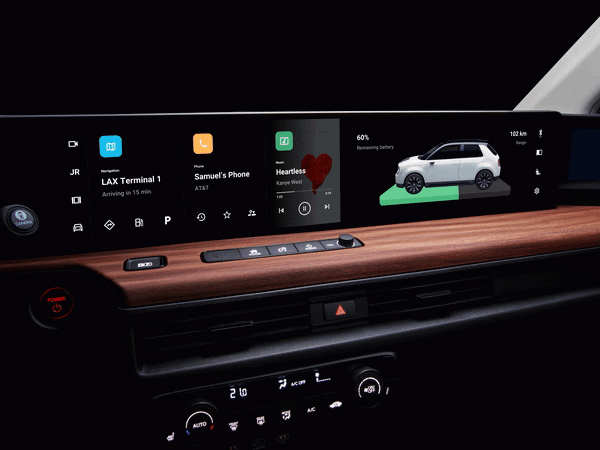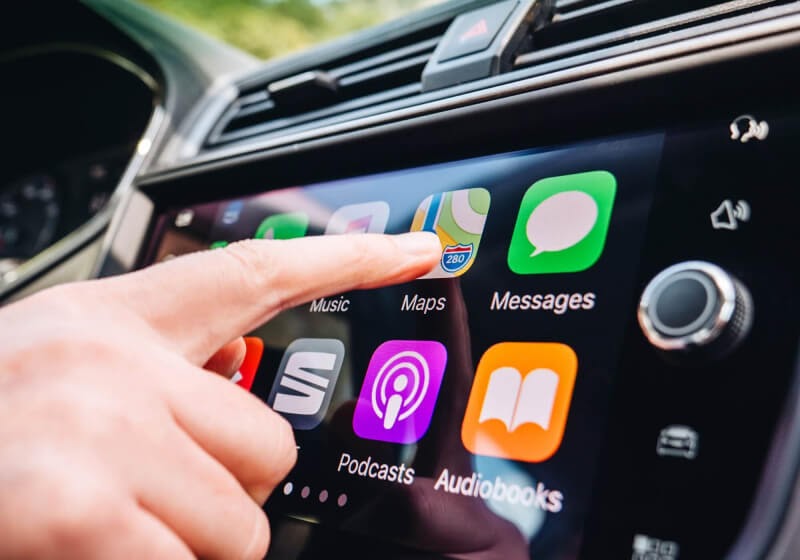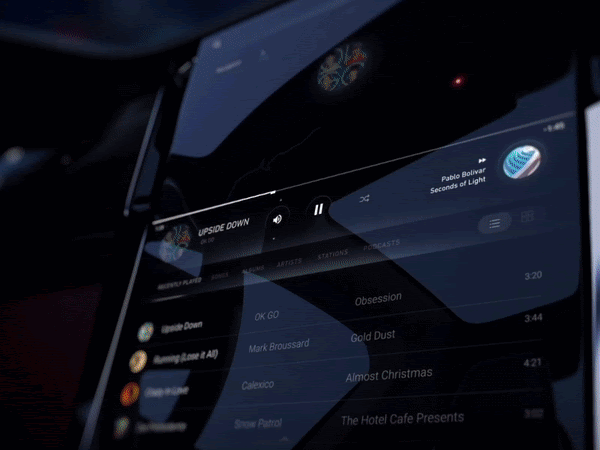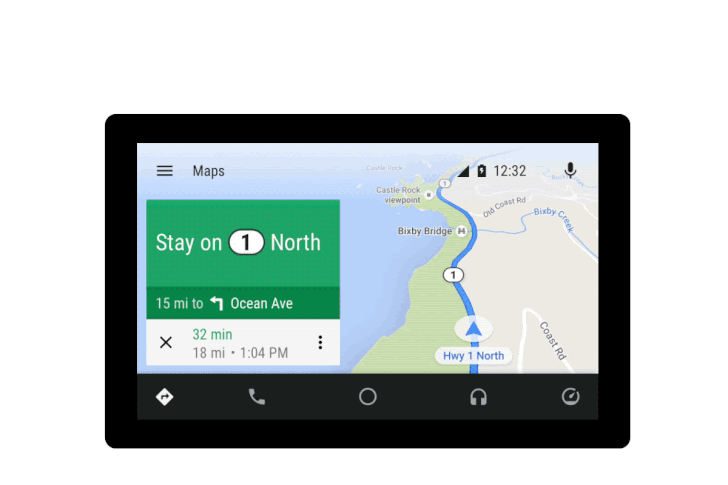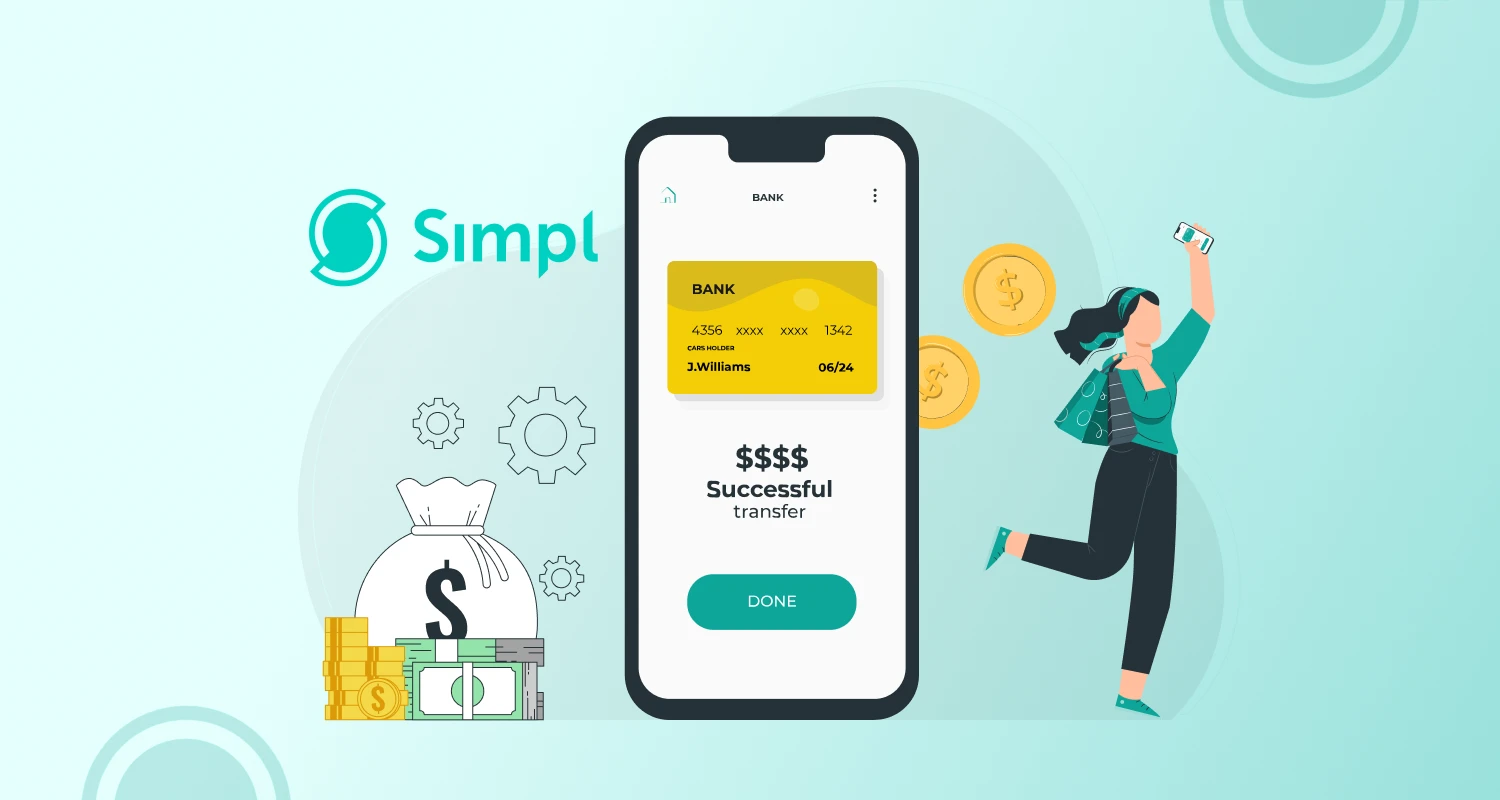The connected in-car infotainment system from Android platform is there shaping the vision of Google delivering a seamless and smart experience for the Android users while driving and boarding their vehicles. Smart and connected car infotainment systems have already become a reality for the past several years and we have several third-party mobile apps allowing us to stay connected between the in-car display and the smartphones. But the Android automotive OS brought together car infotainment and smartphone apps within one single ecosystem and OS platform.
Android Automotive OS sharing the similar look, feel and user experience of Google Android platform is tailor-suited for present day cars. As the demand for connected car infotainment systems are increasing rapidly creating exceptional demands for apps for the Android Automotive OS, it is high time to explain the potential of the platform and development of automotive apps for this platform. It is expected that the new platform will also help logistics and transportation software development services to build android automotive apps for the truckers and logistics vehicle drivers.
What is Android Automotive OS?
Android Automotive OS is an Android operating system version tailored to create and run apps on the Android-based car infotainment systems. The vehicle owners integrate the Android based infotainment device in their cars that allows running Android apps and staying connected to the Android smartphones of the owners.
Earlier you needed to use the smartphone to stay connected with a car infotainment system. Now, the Android infotainment device attached to the car can run all Android apps for media playing, GPS positioning, web browsing and all in-car information and entertainment services. This will of course broaden the market opportunities for any Android app development company with a new Android platform besides mobile and wearables.
Let us explain some of the biggest advantages of Android Automotive OS that car owners and users will find really great.
Voice Control for Distraction Free Driving
Distractions during driving remains to be one of the biggest safety concerns for drivers and passengers all over the world. Using smartphones for conversation, messaging and browsing apps regularly cause thousands of road accidents taking millions of lives. This is where Android Automotive can play a powerful role by reducing such distractions through voice control.
With Android Automotive OS running your car, you can just take control of many actions just by using voice commands. From making quick phone calls to turning on music to changing the music track to sending a quick message to just opening the GPS map for traffic guidance, you can do it all with simple voice commands while your attention remains fixed on the road.
A Connected Android Experience
Android as the operating system for running the vast majority of smartphones in the market is sought after for a connected experience across connected devices. The new Android Automotive OS is only helping this ecosystem to gain further stronghold while most car owners will gain a connected experience. The same Android apps running on the in-car infotainment system and the smartphones will allow more ease of use and seamless user experience in different contexts.
Apart from benefiting the car owners with a seamless experience, the same can be highly beneficial for boosting app marketing and revenue flow. Thanks to this, there can be a new breed of apps targeting different car models and preferences of drivers and car owners.
Learn : Features And Facts Of Successful Travel App That Attract Customers
Intelligent Communication and Driving in the Offing
We already have discovered self driving cars that just didn’t hit the road because of several security concerns. While driverless cars are still going through rigorous evaluations concerning on-road safety, their role in making lives easier with easy transport solutions cannot be debated. The emergence of Android Automotive OS is a significant step towards this connected reality powered by driverless cars and the connected in-car entertainment systems.
While driverless vehicles are still exposed to all sorts of on-road risks, the intelligent in-car systems do the impressive job of detecting driver behavior and habits that can pose threats and chances of accidents. The Android Automotive OS in this regard will offer the greatest advantages in terms of automating various processes and making driver interactions with the digital apps easier while driving a vehicle.
Lets Begin with the Media Apps
Just as Android Automotive started its journey and the first car with this impressive system has hit the road, most developers agree that media apps catering music, radio stations and podcasts are the most popular ones for the platform now. Media apps are likely to be the most popular showcasing the benefits of the platform primarily to the users.
But wait, there are several complications they need to ditch in the process. The maze of original equipment manufacturers (OEM) in the industry, the diverse screen sizes, input methods and user preferences all will boast of a whole range of options and equal length of complications. This will take some time to stabilize before the market is flooded by the Android apps for this new in-car ecosystem.
App Bundles and Diverse APKs
It is quite likely that the developers will continue to build apps for diverse platforms and not only for Android Automotive. Naturally, there will be a lot of technical considerations including the shared code or reusability of the codebase across platforms and the APKs that can be used for building multiple versions of the same app.
Most developers agree that reusing most of the code gives them the added advantage of building an app easily and in less time. The time tested approach to have a single project at the top along with several modules is most effective and efficient. This approach also allows creating a single Android App Bundle (.aab) comprising multiple device specific versions including the one meant for the Android Automotive platform.
This approach is also effective because the users can get their required app version or the portion of the app bundle right from the Play Store through Dynamic Delivery of modules. This approach will also allow stripping off both the assets and the modules so that the users can only download and access the parts they need for configuring their devices. This will further help them to save device storage and bandwidth by staying clear off the unnecessary parts.
Google Play for Android Automotive
One of the greatest advantages for this automotive platform is that it will come with the power of the Google Play store and its services. Both the Google Play services and the SDKs from Google will be available to the mobile app projects and the app projects for Android Automotive. Of course, there are several differences between the mobile app and the automotive platform, particularly the UI/UX aspects of the automotive apps. The app SDKs and Play services will be optimized for the UI/UX elements of the car interface.
A Few Words About the User Experience
One of the most crucial aspects of Android Automotive is the rich user experience. Particularly in respect of playing media while driving we can expect several new UX elements. But these new UX elements will not end with the media apps, they will also play an important role in respect of crucial functions such as messaging and calls. In terms of user experience Android Automotive will offer several crucial elements drivers feel useful and crucial while sitting behind the wheel.
Conclusion
In all regards it seems that Android Automotive OS is going to be a resounding success by taking the Android platform benefits to the modern and digitally equipped vehicles. Just as in the case of mobile apps, Android Automotive is going to be the leading OS app platform for the in-vehicle infotainment systems.



